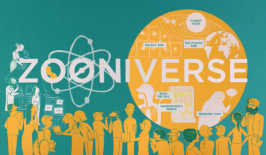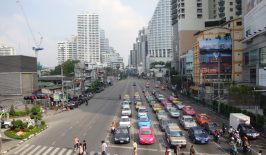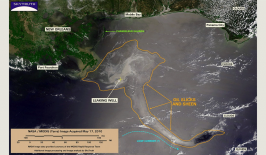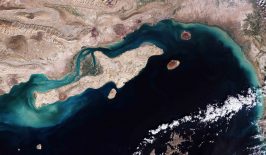As confirmed by the latest IPPC report, the climate crisis is a Herculean task that requires immediate and radical changes worldwide. Decisive political action, with as many countries as possible pulling in the same direction, is undoubtedly the first priority if we plan to close on climate targets. At the same time, action must be locally appropriate and guided by an understanding of the benefits of action – and the consequences of inaction!
But how do we get there? How can citizens and civil society hold politics and business accountable, demand change, point out grievances and review measures? And how can as many people as possible participate in the processes, be involved in decisions and become active themselves?
Support comes from new, digital tools that are often summarised under the term Civic or Public Interest Tech. These make use of the new gold of our time – the immense data sets brought about by increasing digitalisation. For example, city dwellers install sensors on their balconies and thus not only learn which pollutants they breathe in the air where they live, but also create maps of the air quality in their city. Or volunteers can record animal populations on satellite images or identify methane emissions and illegal deforestation. This creates an important database for politicians and civil society to demand effective measures.
In our latest Special Feature, “Civic Tech – Ways out of the Climate Crisis with Digital Civic Engagement“, we will be taking a look at civic tech and public interest tech applications that enable and promote citizen engagement and participation in environmental and climate protection. And we’ll be talking to people who follow civic tech developments to explore the opportunities and challenges of digital civic engagement.
Civic What?!
But what exactly is behind the term Civic Tech? We explain it here: What is Civic Tech?
This article is part of the Special Feature Civic Tech – Ways out of the climate crisis with digital civic engagement”. You can find all articles of the Special Feature here: Special Feature Civic Tech

The Special Feature is part of the project funding of the German Federal Environmental Foundation (Deutsche Bundesstiftung Umwelt – DBU), in the framework of which we are producing four special features over two years on the topic of “Opportunities and potentials of digitalisation for sustainable development”.
More information here.
This article is a translation of an original article from our German-language website.








